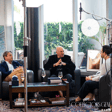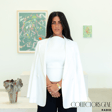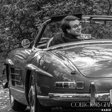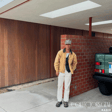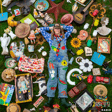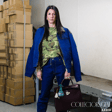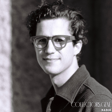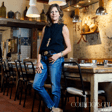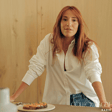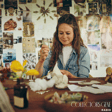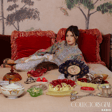
Ryan Matthew Cohn - Dealer, Collector, Co-Author (The Witch's Door), and Co-Founder, Oddities Flea Market
Today, I’m thrilled to welcome Ryan Matthew Cohn, a modern-day curator of curiosities and a master of the macabre.
You might recognize Ryan from his groundbreaking work with osteological art, or perhaps as the co-founder of the Oddities Flea Market, a haven for fans of the strange and unusual. Ryan’s fascination with the peculiar began in his childhood, exploring the woods of upstate New York and uncovering fragments of history and nature that sparked his imagination. That curiosity evolved into a passion for collecting some of the rarest and most unusual artifacts. From skulls and taxidermy to antique medical instruments and objects with mysterious pasts, his personal cabinet of curiosities is a testament to his passion for preserving the rare, the bizarre, and the historically significant.
Ryan’s evolution as a collector, artist, and custodian of history holds stories of uncovering treasures in unexpected places, and acquired several thousand piece collections. We’ll dive into Ryan’s journey from a self-proclaimed seeker of the strange to an internationally recognized figure in the oddities community. We chat about how his time as a jewelry designer for Ralph Lauren paved the way for everything he knows about his passions today, how he curates his collection, and the story behind one of his most intriguing finds: the wood door that inspired his book, The Witch’s Door.
So please enjoy, this is Ryan Matthew Cohn, for Collectors Gene Radio.
Oddities Flea Market - https://theodditiesfleamarket.com/
Ryan Matthew Cohn - https://www.instagram.com/ryanmatthewcohn
The Witch's Door - https://www.amazon.com/Witchs-Door-Oddities-Esoteric-Extreme-ebook/dp/B0D7QNFLR9
Collectors Gene - https://collectorsgene.com/
Cameron Steiner - https://www.instagram.com/cameronrosssteiner
